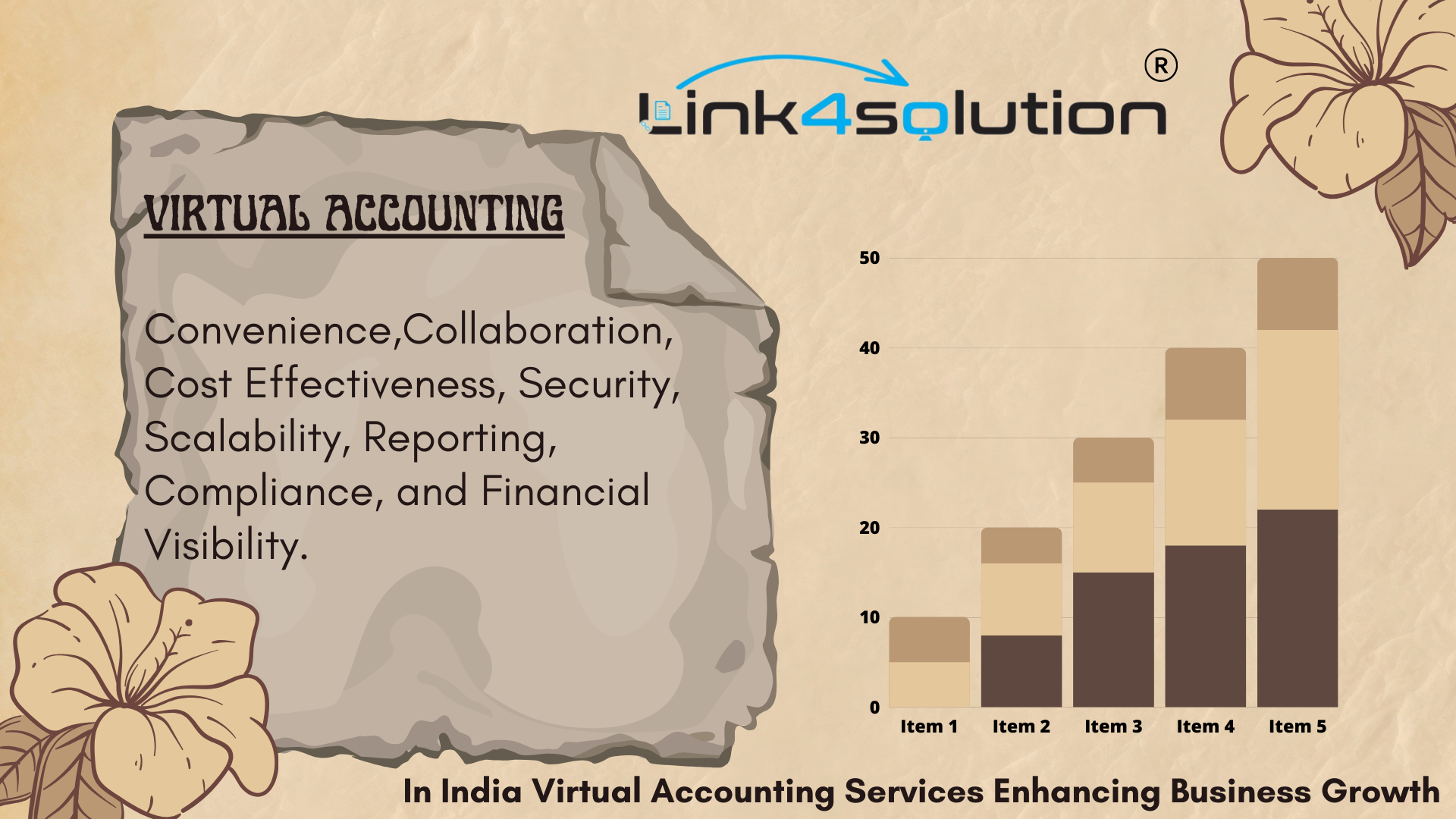In today’s fast-paced business environment, efficiency and effectiveness in accounting are paramount. Outsourcing accounting services offers a strategic advantage, aligning business processes to focus on core activities while entrusting financial tasks to professional third-party providers. This practice encompasses a range of functions, including financial reporting, bookkeeping, payroll processing, and bill payments. By delegating these tasks, companies can dedicate more time to their primary business operations and reduce financial expenditures. The benefits of outsourcing, such as cost savings, taxation reduction, and access to professional expertise, contribute significantly to a company’s profitability.
Advantages of Outsourcing Accounting Services
Outsourcing accounting offers numerous benefits that can enhance business operations:
– Cost Savings: One of the primary motivations for businesses to outsource accounting is the potential for cost reduction. This strategy eliminates the need for hiring and training in-house accountants and reduces capital investment in office space and equipment.
– Expertise and Accuracy: Outsourcing provides access to experienced professionals who bring specialized skills to tasks such as tax planning, financial reporting, and payroll management, ensuring meticulous record-keeping.
– Focus on Core Business Activities: By outsourcing non-core functions like accounting, businesses can reallocate resources towards activities that drive growth and profitability.
– Scalability and Flexibility: Outsourcing accounting allows businesses to adjust the scale of their accounting needs based on seasonal fluctuations and growth phases, enhancing flexibility and cost efficiency.
– Access to Advanced Technology: Outsourcing firms often utilize the latest accounting software, providing businesses with improved accuracy, security, and efficiency in financial operations.
– Reduced Risk and Increased Compliance: Skilled outsourced accountants stay abreast of regulations and compliance requirements, reducing the risk of errors and non-compliance while promoting transparency.
– Business Insights and Analysis: Outsourced accountants provide detailed financial reports, offering valuable insights into financial health, identifying improvement areas, and aiding strategic decision-making.
– Increased Productivity: Keeping track of financial processes, investments, and transactions enables businesses to identify operational inefficiencies and boost workforce productivity.
Overview of Outsourced Accounts & Bookkeeping Services
Outsourcing financial tasks involves a wide array of services that cater to different business needs:
– Bookkeeping Services: These include maintaining daily transaction records, ledger management, bank reconciliation, and financial statement preparation.
– Accounting Services: This broader category covers financial analysis, budgeting, tax preparation, audit support, and strategic financial advice.
– Payroll Processing: Outsourced services handle all aspects of payroll, ensuring compliance with tax regulations and timely processing.
– Financial Reporting: Professionals generate periodic reports such as balance sheets, income statements, and custom reports for business or compliance purposes.
– Expert Guidance: Outsourced firms offer expert financial advice, helping businesses optimize their financial strategies.
– Cloud-Based Solutions: Many services now use cloud-based software, offering real-time financial data access, enhanced collaboration, and operational efficiency.
Conclusion
Outsourcing accounting services can significantly enhance a business’s profitability by optimizing financial operations and leveraging specialized expertise. It allows businesses to reduce overhead costs, access advanced technologies, and concentrate on core competencies. While the benefits are clear, the success of outsourcing depends on choosing reputable partners and maintaining effective communication to align outsourced services with business goals




